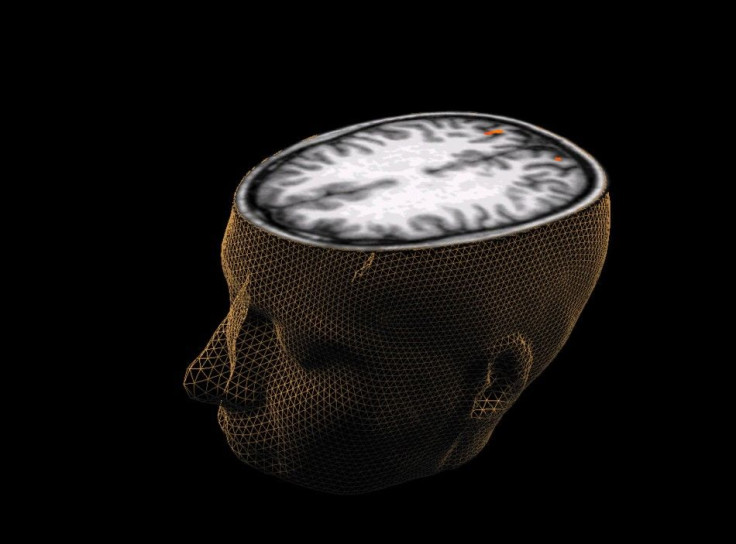Researchers Identify Immune Gene That Prevents Dementia, Parkinson's Disease

Researchers have long known the fact that hereditary gene mutations lead to Parkinson's disease (PD) in an individual, however, they did not know the exact cause. A latest study conducted by a team of researchers at the University of Copenhagen, Denmark, seems to have identified the reason why some people develop Parkinson's.
According to the researchers, functional changes in the newly-identified immune regulating gene called Interferon-beta ( IFNβ ) leads to the development of non-inheritable PD. During the study, the researchers found that IFNβ gene therapy helped prevent the death of the neurons and the disease effect in PD experimental models.
The research team said that IFNβ helps keep neurons healthy. There are around 100 billion neurons in a human body that work in coordination and control the activities of the body.
"We found that IFNβ is essential for neurons ability to recycle waste proteins. Without this, the waste proteins accumulate in disease-associated structures called Lewy bodies and with time the neurons die," explained the study's first author Patrick Ejlerskov, in a press release
The researchers found that mice, who were devoid of IFNβ, ended up developing Lewy bodies in the part of the brain responsible for restoration of memory and body movement. The mice, therefore, developed symptoms similar to that of dementia and PD.
Between 90 and 95 percent of the PD patients suffer from its non-familial form. The remaining patients suffer from PD resulting out of hereditary gene mutations. The researchers believe that the study findings will hopefully aid in the development of new therapeutic possibilities.
The complete details of the study have been published in the journal Cell.
© Copyright IBTimes 2024. All rights reserved.




















